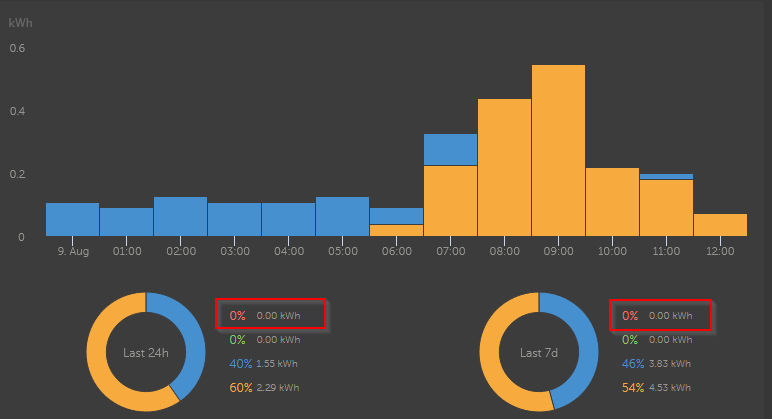Hello!
I'm a fresh Victron user trying to start with this ecosystem.
Currently I already own an 3rd party storage system with built-in inverters (Senec Home v3) and a grid-tied Fronius Symo. Energy measurement is done by the Senec system using a meter before grid connection.
I am able to read out every parameter and already started pushing this to the dBus on Venus OS installation.
But now I have no clue on how to plan further development: Should I simply count everything together to "emulate" an inverter in order to let Venus do the maths or should I directly skip this and switch to ESS mode 3?
I would really love to let Venus control my fresh Multiplus/Battery package on its own without writing own decision algorithms...

